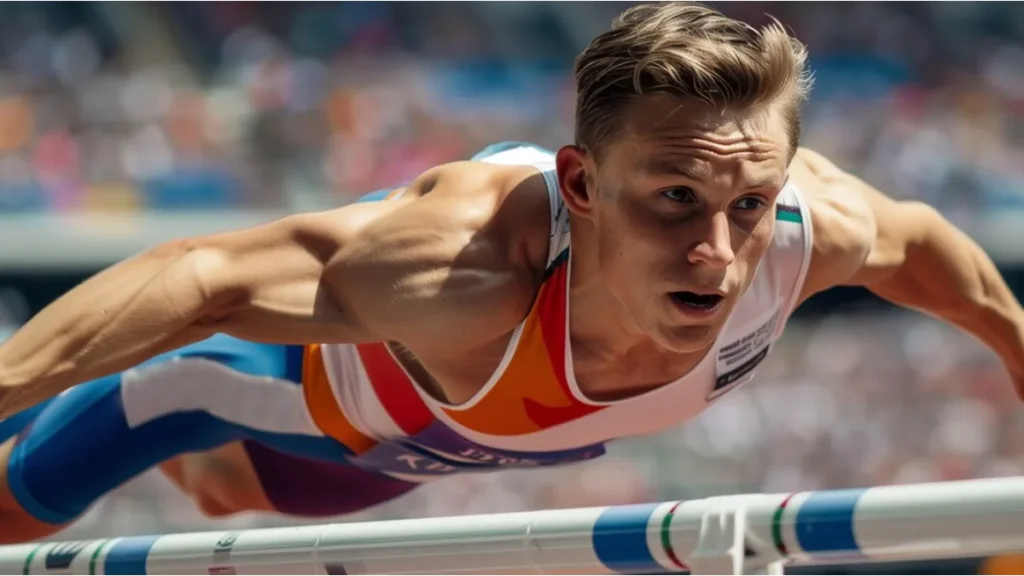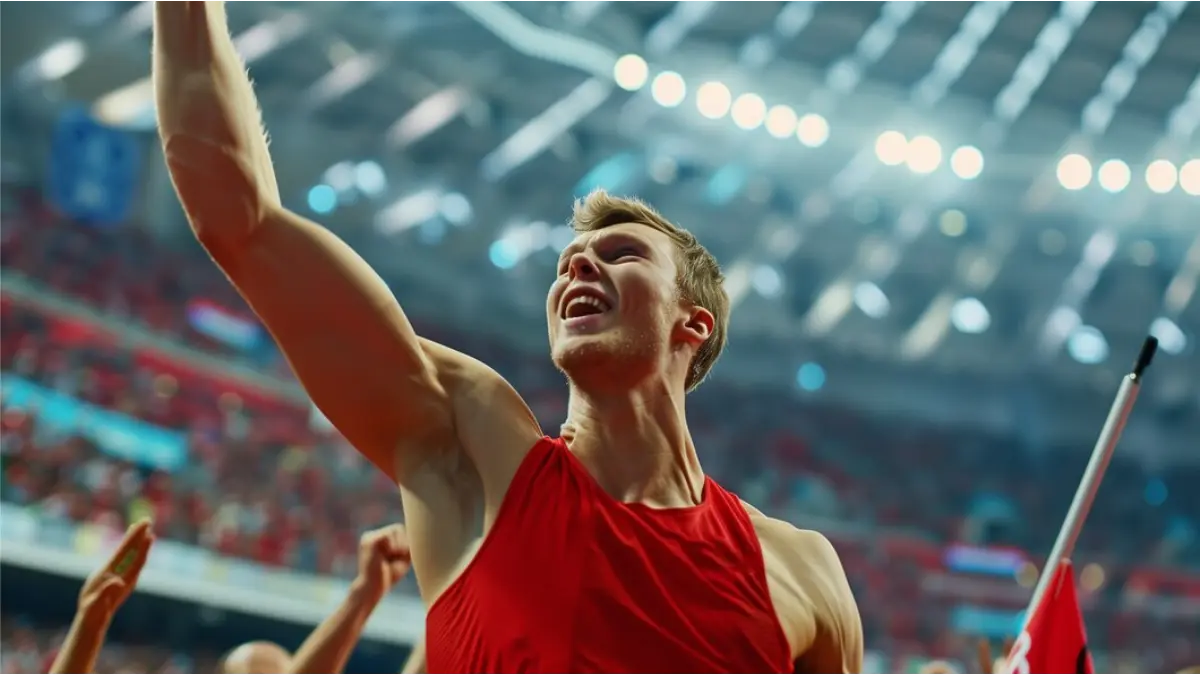Table of Contents
ToggleIntroduction

Olympic Soccer Rosters
The Olympic Games are the pinnacle of athletic competition, where the world’s best athletes come together to compete for glory. Among these athletes, soccer players hold a special place, representing their countries with pride and passion. The composition of Olympic soccer rosters is a fascinating topic, full of strategic decisions, standout players, and unforgettable moments. In this comprehensive guide, we unveil the 10 secrets behind the most successful Olympic soccer rosters, providing insights that will captivate and inspire.
Strategic Selection Process
The foundation of any successful Olympic soccer rosters lies in the strategic selection process. Coaches and managers meticulously analyze player performance, considering factors such as skill, versatility, and team dynamics. The goal is to assemble a balanced squad that can adapt to various game situations and opponents. The selection process often involves a blend of young talents and experienced players, creating a dynamic and resilient team.
Emphasis on Youth Development
One of the unique aspects of Olympic soccer rosters is the emphasis on youth development. With age restrictions in place, teams are encouraged to showcase emerging talents. This focus on youth not only provides a platform for young players to shine but also ensures the future success of national teams. Many Olympic stars have gone on to achieve legendary status in the world of soccer, highlighting the importance of nurturing young talent.
Tactical Flexibility
Successful Olympic soccer rosters are characterized by their tactical flexibility. Coaches design strategies that can be adjusted based on the flow of the game and the strengths and weaknesses of the opponent. This flexibility often requires players who are comfortable in multiple positions and can execute various tactical plans. The ability to switch formations and playing styles during a match is a hallmark of a well-prepared team.
Physical and Mental Preparation

The physical and mental preparation of players is crucial for success at the Olympics. Intense training regimens, including strength and conditioning programs, ensure that players are in peak physical condition. Equally important is the mental preparation, which involves building resilience, focus, and teamwork. Psychological support and motivational techniques play a significant role in helping players perform under the immense pressure of the Olympic stage.
Strong Leadership
Leadership is a vital component of any successful Olympic soccer roster. Captains and veteran players provide guidance and stability, both on and off the field. Their experience and composure can inspire younger teammates and help navigate the challenges of high-stakes competition. Effective leadership fosters a positive team environment and promotes a winning mentality.
Integration of Experience
While youth is a key focus, integrating experienced players into Olympic soccer rosters is equally important. These seasoned athletes bring a wealth of knowledge and a deep understanding of the game. Their presence can be a calming influence during tense moments and a source of wisdom for tactical decisions. Balancing youth and experience creates a well-rounded team capable of achieving greatness.
Robust Support System
Behind every successful Olympic soccer roster is a robust support system. This includes medical staff, physiotherapists, nutritionists, and performance analysts who work tirelessly to ensure players are at their best. Comprehensive support extends to logistics, travel arrangements, and accommodations, all of which contribute to the overall well-being and performance of the team. A well-organized support system allows players to focus solely on their game.
Innovation in Training Techniques
Innovation in training techniques is a secret weapon for many successful Olympic soccer rosters. Utilizing the latest technology and methodologies, coaches can enhance player performance and recovery. Techniques such as video analysis, sports science, and individualized training programs help players reach their full potential. Continuous improvement and adaptation of training methods keep teams ahead of the competition.
Cultural Cohesion
Cultural cohesion within the team can significantly impact performance. Understanding and respecting cultural differences fosters unity and strengthens team bonds. Teams that embrace diversity and promote inclusivity often display greater harmony and cooperation on the field. Cultural cohesion enhances communication, trust, and mutual respect, all of which are essential for achieving success at the Olympics.
Unwavering Determination
At the heart of every successful Olympic soccer roster is an unwavering determination to win. This relentless drive is fueled by a deep sense of national pride and the desire to achieve greatness. Players who exhibit determination and perseverance inspire their teammates and elevate the overall performance of the team. The spirit of determination is what transforms a group of individuals into a cohesive and formidable unit.
Conclusion

The secrets behind successful Olympic soccer rosters are a blend of strategic selection, youth development, tactical flexibility, physical and mental preparation, strong leadership, integration of experience, robust support systems, innovative training techniques, cultural cohesion, and unwavering determination. These elements come together to create teams that not only compete at the highest level but also leave a lasting legacy in the world of soccer.
By understanding and applying these secrets, national teams can aspire to achieve success on the grandest stage of all—the Olympic Games. As we celebrate the achievements of past and present Olympic soccer teams, we look forward to the future stars who will continue to inspire and captivate us with their extraordinary talent and dedication.
